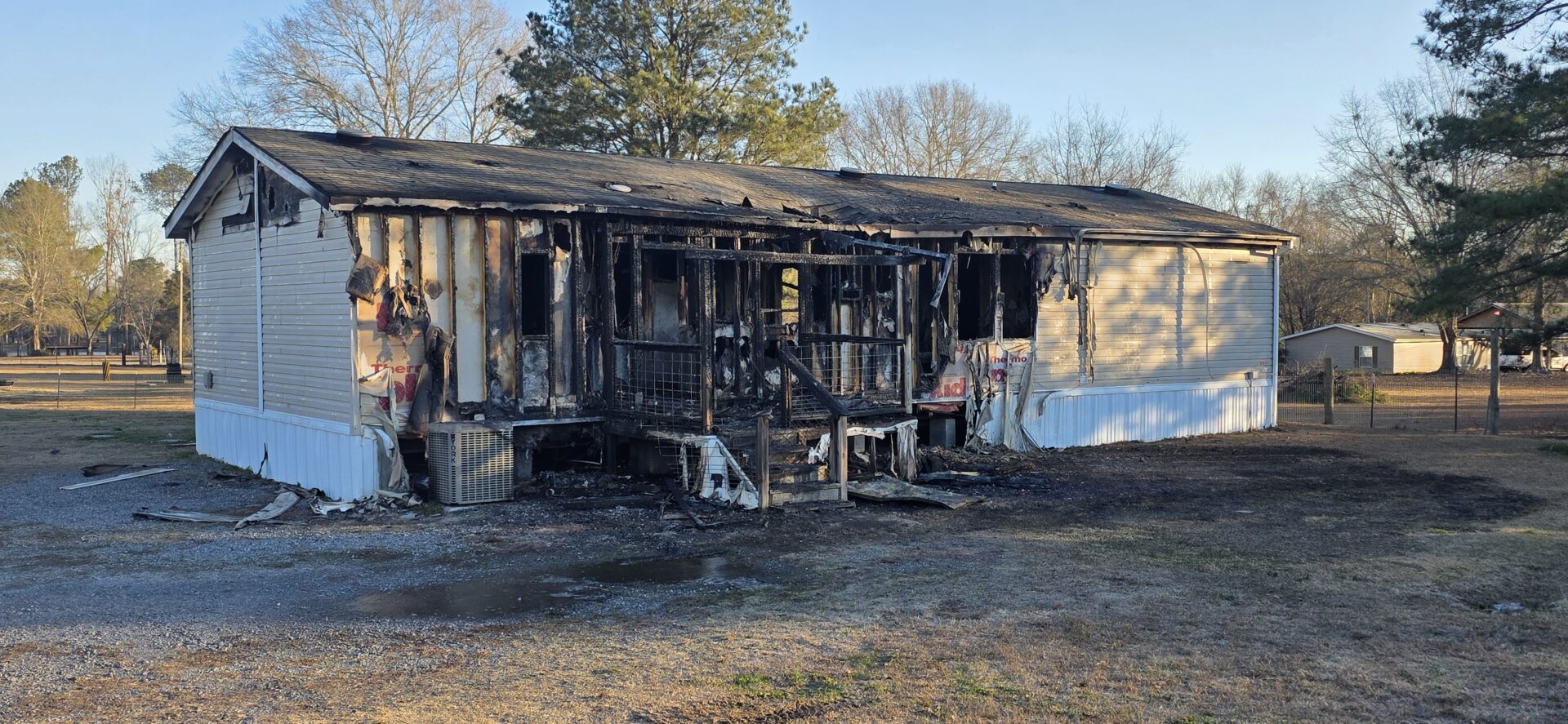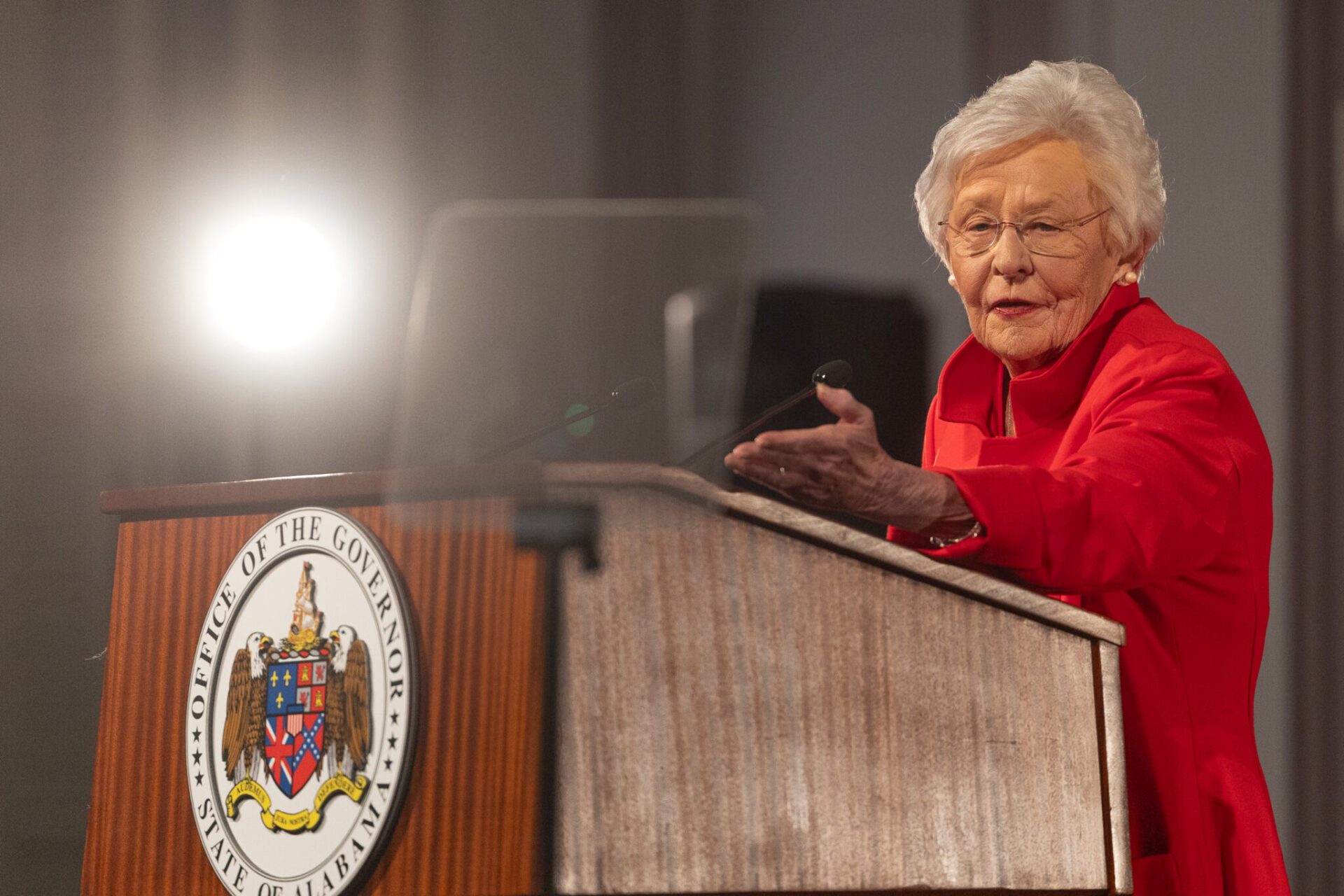
(NEW YORK) — A federal judge in Manhattan on Wednesday temporarily blocked the deportation of any purported Venezuelan gang member detained in the Southern District of New York without them first receiving notice and an opportunity for a hearing.
U.S. District Judge Alvin Hellerstein suggested his decision was meant to define the parameters set by Monday’s U.S. Supreme Court opinion that allowed the Trump administration to remove Tren de Aragua gang members under the Alien Enemies Act — but not without due process.
“Given the history, it seems to me people need to be protected,” Hellerstein said.
The Trump administration last month invoked the Alien Enemies Act to deport more than 200 alleged migrant gang members to El Salvador by arguing that the Venezuelan gang Tren de Aragua is a “hybrid criminal state” that is invading the United States.
Judge Hellerstein’s ruling came in the case of two plaintiffs identified by their initials, G.F.F. and J.G.O, who were pulled off planes to El Salvador and transferred back to New York from Texas, where they were initially detained on suspicion of alignment with Tren de Aragua.
Hellerstein said the men were entitled to a hearing to determine whether they are actual gang members, but he stopped short of deciding whether the Alien Enemies Act was the appropriate authority to deport them.
“Whether or not you’re a gang member, the Alien Enemies Act cannot be used under these circumstances,” argued Lee Gelernt of the American Civil Liberties Union. “It is a military authority. It is not supposed to be used in peace time against a gang.”
The relief Hellerstein granted is limited to approximately a dozen accused gang members currently detained in a several New York counties. The judge set a hearing for April 22.
ACLU lawyers representing the two migrants had argued that authorities “seek to move Petitioners in secret, without due process, to a prison in El Salvador known for dire conditions, torture, and other forms of physical abuse — possibly for life.”
“This has already borne out for over 130 individuals on March 15 who have lost all contact with their attorneys, family, and the world,” the attorneys wrote in a filing.
According to lawyers with the ACLU, one of the men is a 21-year-old Venezuelan national who entered the United States in 2024 to seek asylum, fleeing threats from Tren de Aragua and potential persecution from the Maduro regime based on his sexual orientation.
The other plaintiff is a 32-year-old Venezuelan national who filed an asylum application after entering the United States in 2022, claiming he feared torture and imprisonment based on his protests of the Maduro regime.
The ACLU argued that the Alien Enemies Act was improperly invoked by the Trump to target a criminal organization — not a state actor — and that it was invoked outside of a war or an invasion.
“The AEA has only ever been a power invoked in time of war, and plainly only applies to warlike actions: it cannot be used here against nationals of a country — Venezuela — with whom the United States is not at war, which is not invading the United States, and which has not launched a predatory incursion into the United States,” the lawyers argued.
Copyright © 2025, ABC Audio. All rights reserved.




